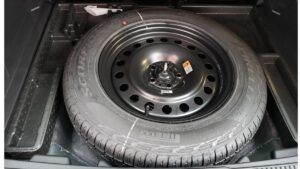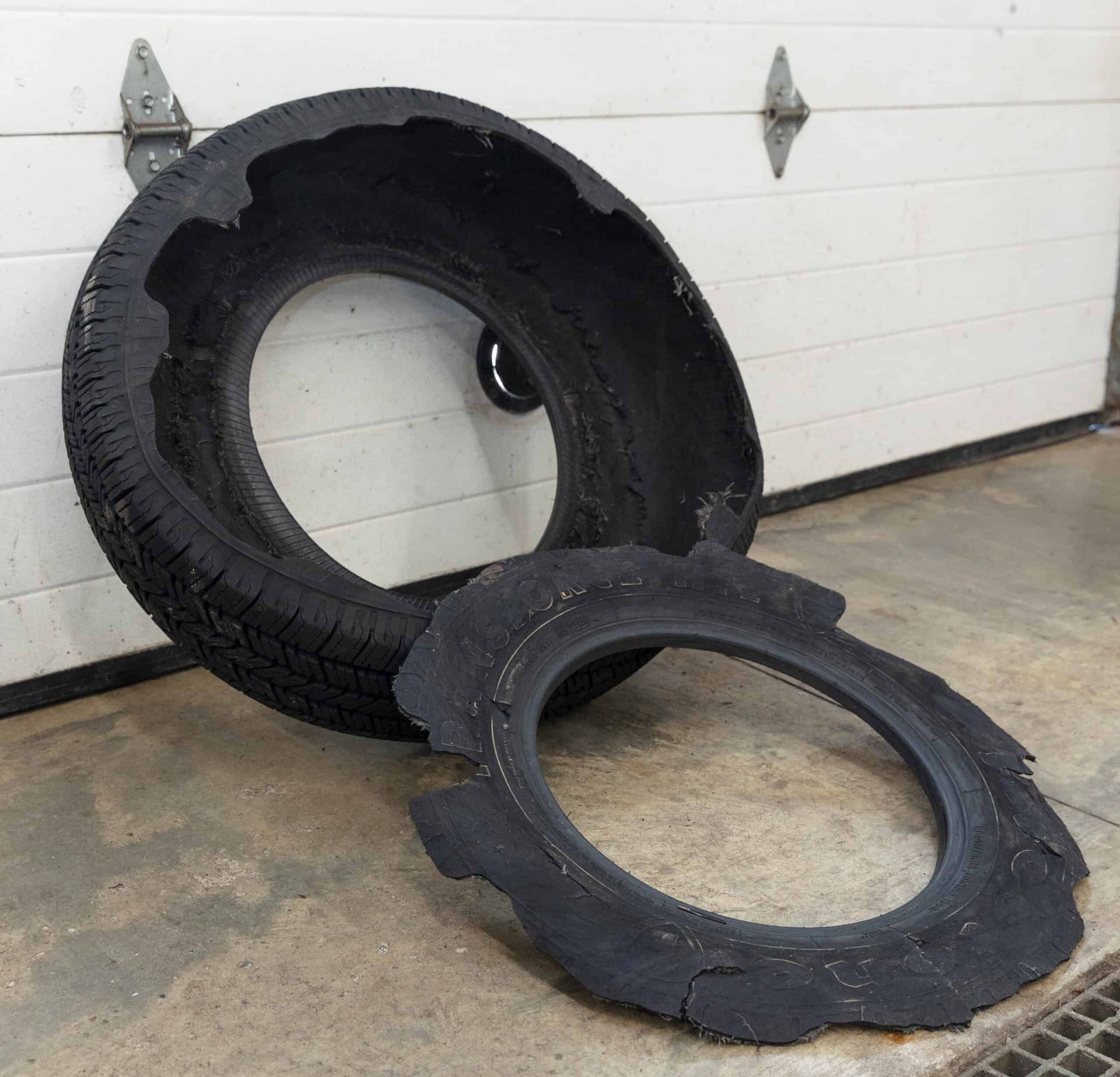Wikipedia’s definition is:
Synthetic oil is a lubricant consisting of chemical compounds that are artificially made (synthesized). Synthetic lubricants can be manufactured using chemically modified petroleum components rather than whole crude oil, but can also be synthesized from other raw materials. Synthetic oil is used as a substitute for lubricant refined from petroleum when operating in extremes of temperature, because, in general, it provides superior mechanical and chemical properties than those found in traditional mineral oils. Aircraft jet engines, for example, require the use of synthetic oils, whereas aircraft piston engines do not.
AMSOIL Inc. developed the first synthetic motor oil to meet API service requirements. Lieutenant Colonel Albert J. Amatuzio, President and CEO of AMSOIL Inc. witnessed synthetic lubricants in action as a jet fighter squadron commander. He noted that synthetic oils were developed for (and still are used exclusively in) aircraft jet engines because of their ability to reduce friction and wear on engine parts. This performance was due to synthetic oil having incredible ability to function dependably at severe hot and cold temps as well as to withstand rigorous and lengthy engine operation without viscosity breakdown. This is critical in aircraft engine operation because, if oil breaks down at 30,000 feet, aircraft engines can fail and … well, you get the picture. Amatuzio decided that he would develop synthetic motor oil to be used in automobiles for the same benefits. In 1972 AMSOIL introduced the first motor oil for automotive applications. In the early seventies, another company was also working on synthetic oil development for the automobile … Mobil Oil Company. They came to market with synthetic motor oil in 1975. By the 1990’s the other major oil companies added their synthetic oils to the marketplace, in addition to their petroleum-based products.
Before we discuss whether you should use synthetic motor oil in your car and the pros and cons of the product, let’s first take a look at how motor oil is made.
Here is what Mobil Oil says about the subject on their website:
“Conventional oils come from crude oil that is pumped from the ground. Crude oil is made up of a complex mixture of molecules that form chains and rings of different sizes and shapes. Long chains of carbon atoms produce a thick, viscous fluid that flows slowly. Shorter chains produce fluid that flows more readily.
In an oil refinery, crude oil is separated into various fractions. These become the basis for lubricating oils and fuels. Thick tangled masses of carbon chains become asphaltic materials used in roofing tar and road work. Very short chains and ring compounds of carbon are volatile and can be refined to produce gasoline and other products.
While petroleum refining is an advanced science, small amounts of contaminants, such as sulfur and reactive hydrocarbons, cannot be completely removed from petroleum, and may end up in motor oil base stocks.
All motor oils are made up of base oils and additives. In general, fully synthetic motor oils contain non-conventional, high-performance fluids. Synthetic blends usually use some non-conventional, high-performance fluids in combination with conventional oil.”
Should I Use Synthetic Oil In My Car?
That depends on the vehicle’s age, mileage, and the carmaker’s recommendations for engine lubricants. Older vehicles with high mileage tend to have excessive mechanical wear in the engine, allowing for internal oil leakage. On vehicles with high mileage, it is not recommended to use full synthetic oil because it is thin and very free flowing, and use of it does (more often than not) result in internal oil combustion. I used full synthetic oil in a Plymouth Neon. After logging120K miles the car started to consume oil at an alarming rate. Concerned, I switched to a semi-synthetic oil that was more full-bodied and the consumption stopped. I logged another 30K miles and sold it. It’s still running with over 200K miles today and it doesn’t burn oil. Carmakers use full synthetics and semi synthetics in some of their engines today. In most cases, you will find that a synthetic lubricant is used when there’s a high performance engine with tight engine tolerances, high compression, and high operating temperatures. Follow your owner’s manual for motor oil recommendations. If you want to use synthetic oil and your car is still under warranty, check with your local dealer before switching to synthetic oil (just to make sure you’re covered with the switch).
Does It Work Better In Some Cars Than Others?
As I stated earlier, some carmakers recommend only using synthetic oil in their engines. For instance, Chevy recommends the use of Mobil One full synthetic oil in its new generation Chevy Corvette engine. I have used synthetic oil in all of my vehicles for the last six years with great results, with one exception. I didn’t use a full synthetic in my Ford Taurus 3.0 DOHC V-6. Ford specifies using a 5W20 semi synthetic due to engine design, so I followed the manufacturer’s specification. Remember, before changing to synthetic oil, check with your dealer on carmaker’s recommendations. As stated earlier, you could void the warranty.
What are the pros and cons of using synthetic oil in my car?
Pros:
It flows easier in cold weather, therefore no loss of prime when the oil is cold. Also, it is highly resistant to viscosity breakdown (the ability of the oil to flow easily in all temps) from heat, friction, chemical contaminants.
Longer change intervals: 5,000 – 7,000 miles between oil changes (compared to 3,000 for regular oil). Some folks have documented up to 25K miles between changes. However, I would not advice going that long!
Cons:
Cost is twice as much as conventional oil per quart. However it lasts longer, so the actual cost increase is closer to 50 – 60 percent.
Flows easily, therefore not recommend for use on high mileage engines; nor do I recommend using it in new engines during the break-in period because it is so slippery and dramatically limits the wearing of new mating parts within the engine. This initial wearing of parts is what makes for proper engine break-in, sealing of piston rings, mating of camshafts and lifters, etc.
Does it make my engine last longer?
Yes, because it’s so slippery, synthetic makes for less engine wear and thus greater engine longevity.






